Tricks, tips, and tactics to help keep you out of the Big C's reach
We're all grown-ups here—nightmares aren't a big problem anymore. We're calm, we're cool, we're mostly collected...until it comes to the C-word. For adults, cancer is the thing that goes bump in the night; that bump gets louder when family or friends are diagnosed. Whether your risk is monumental or blessedly average, we know you want to protect yourself. So we've combed through research, interrogated experts, and found cutting-edge strategies to help keep you safe.
(Want to pick up some healthier habits? Sign up for FREE to get healthy living tips, weight loss inspiration, slimming recipes and more delivered straight to your inbox!)
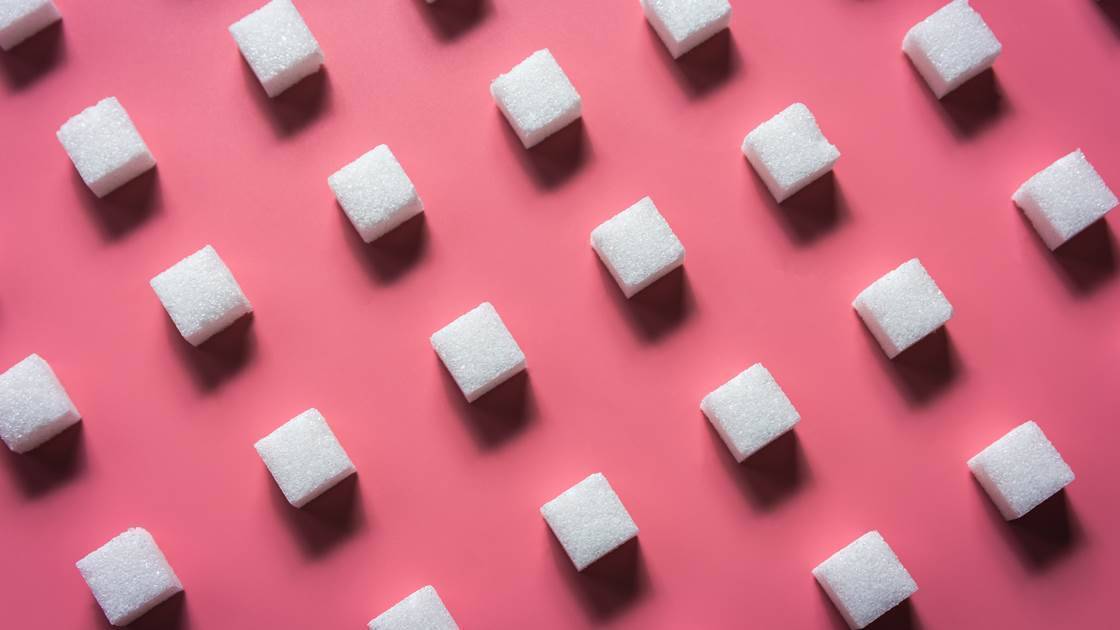
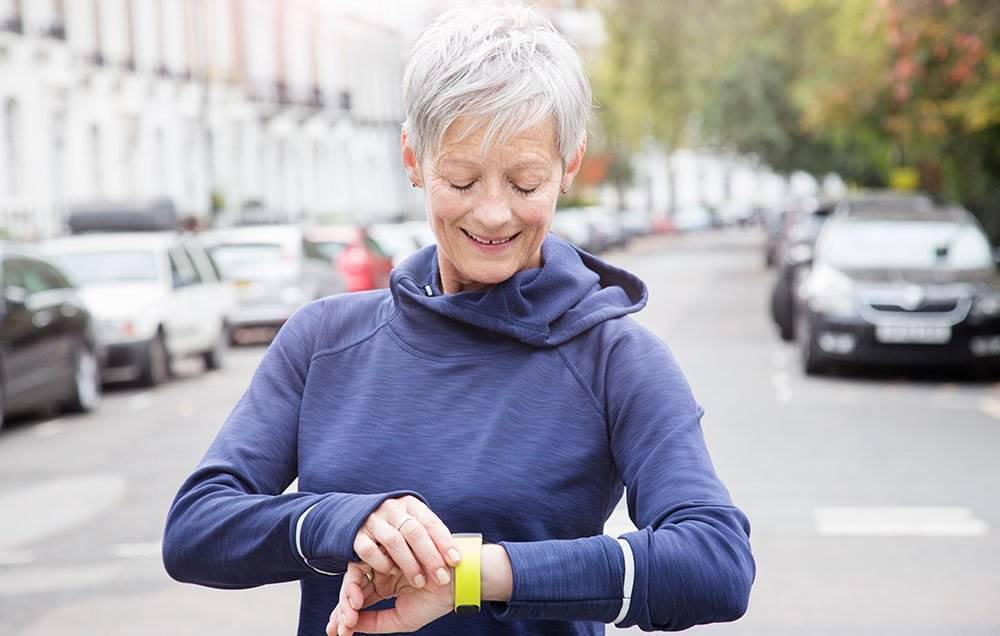
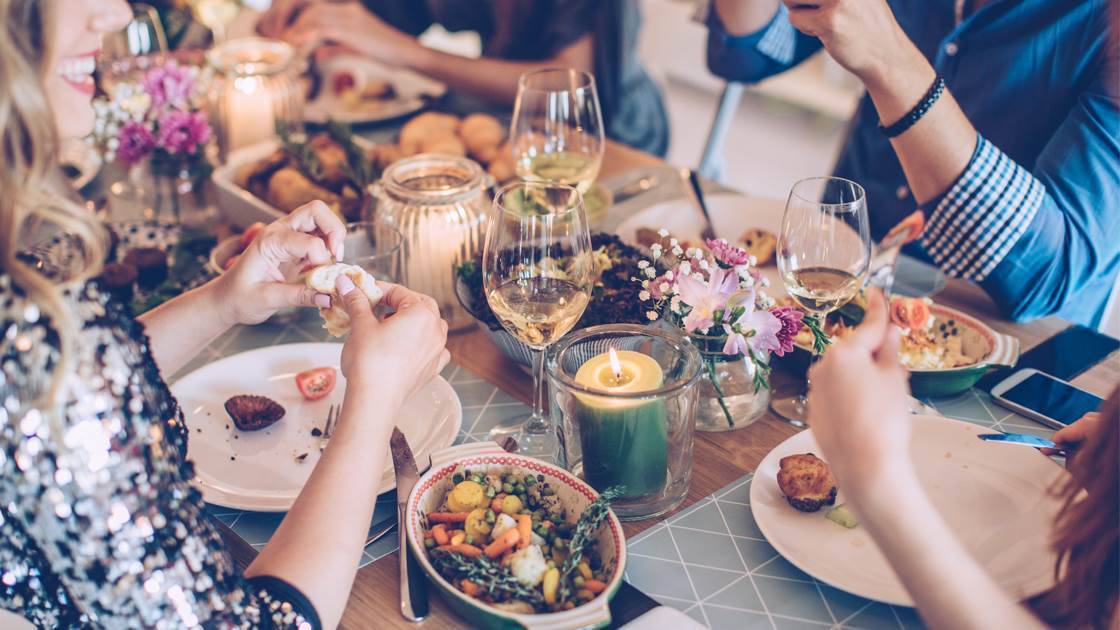
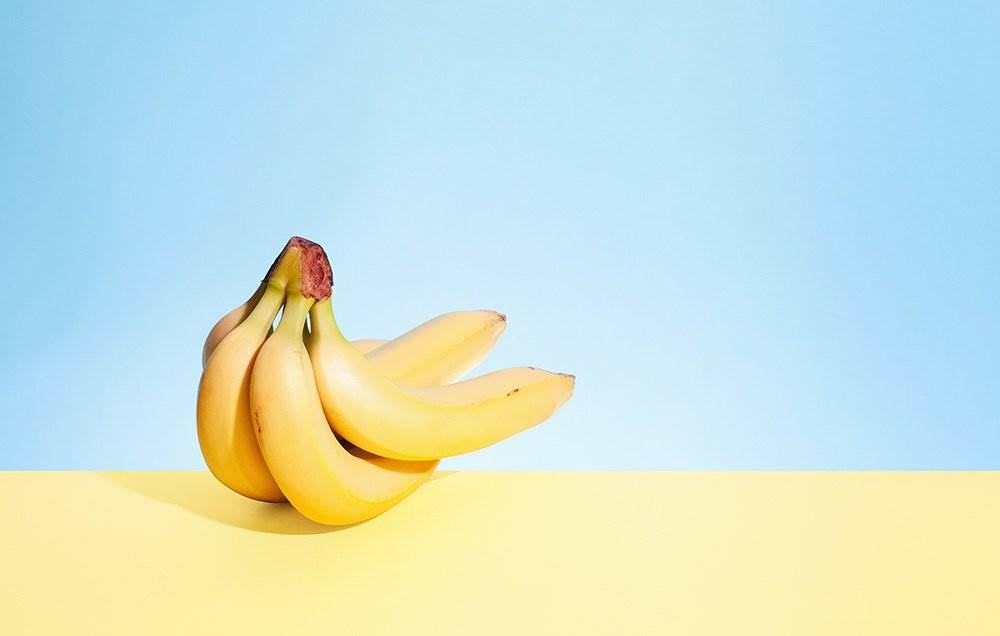
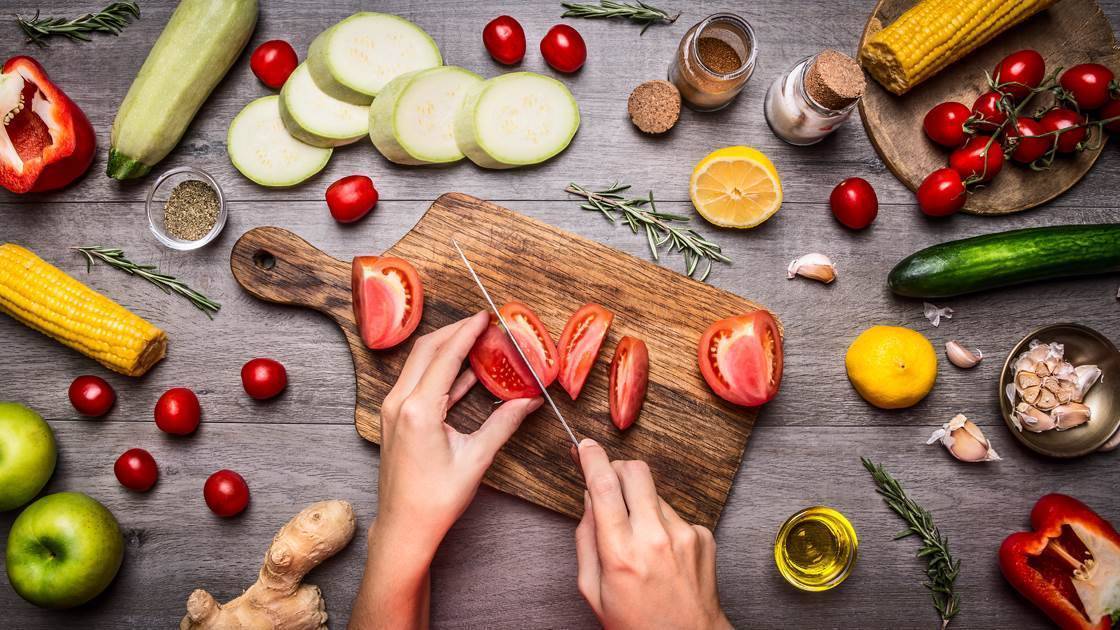
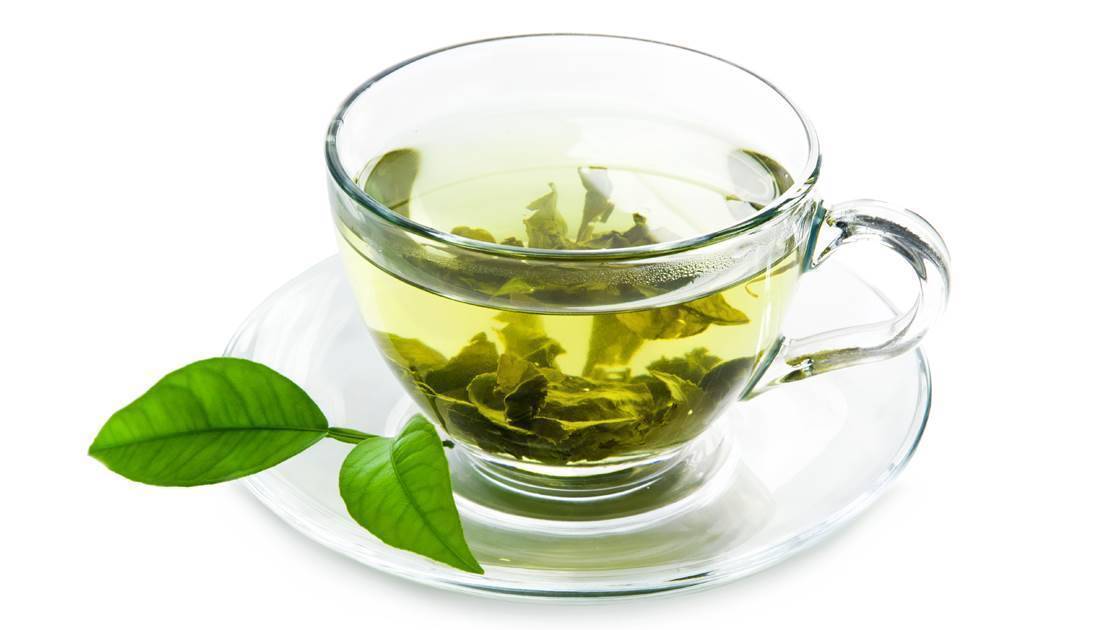

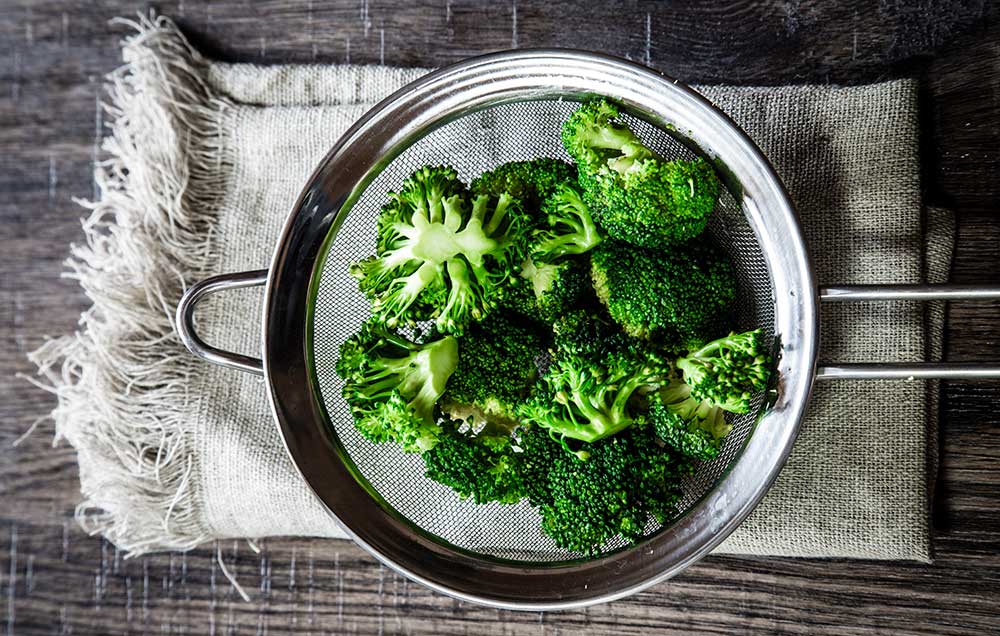
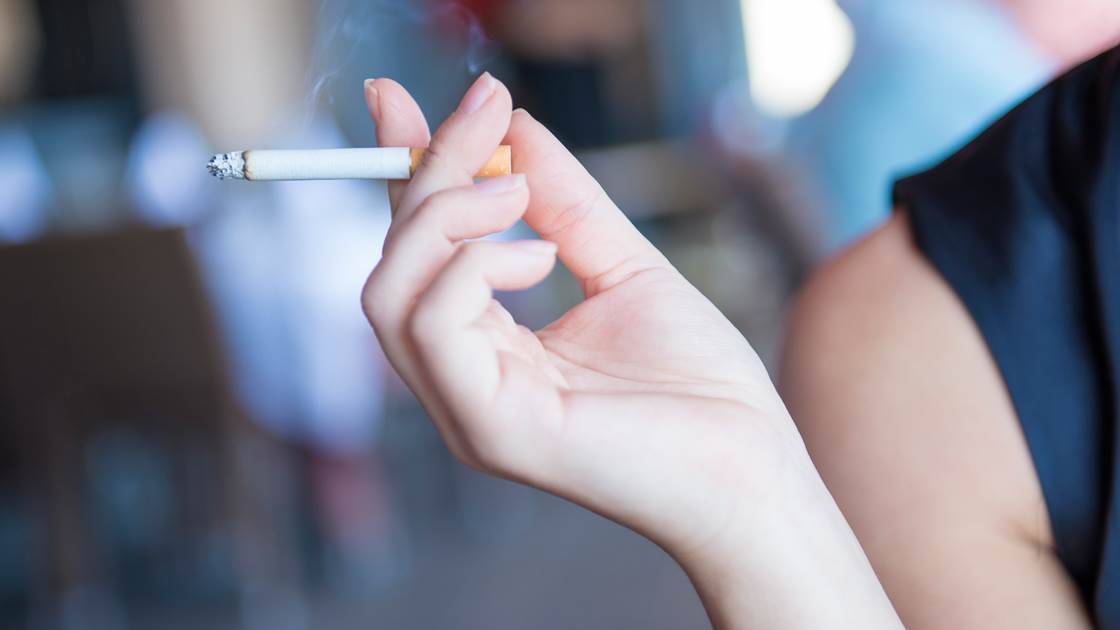
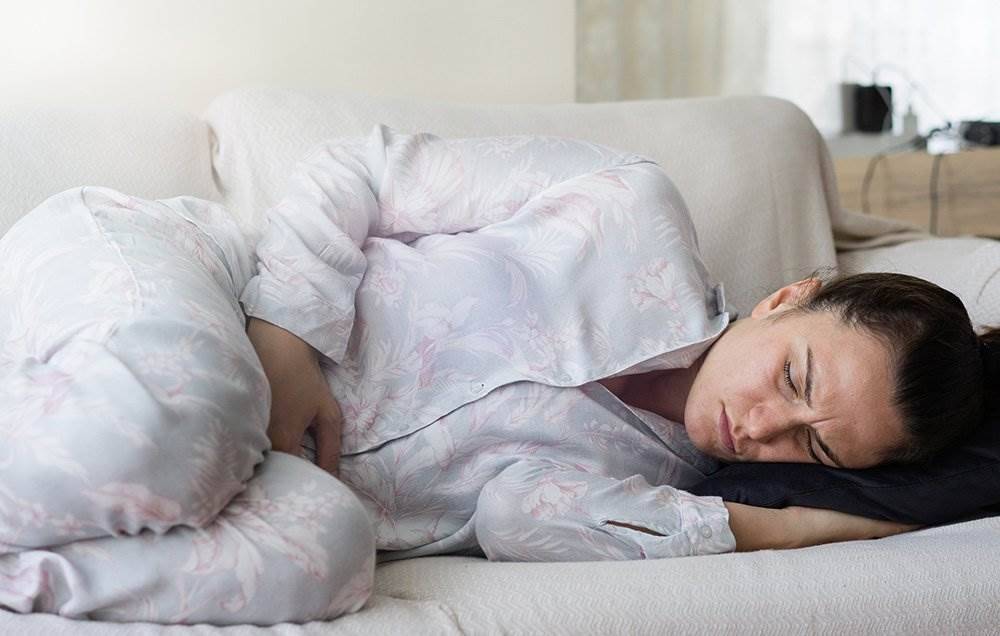
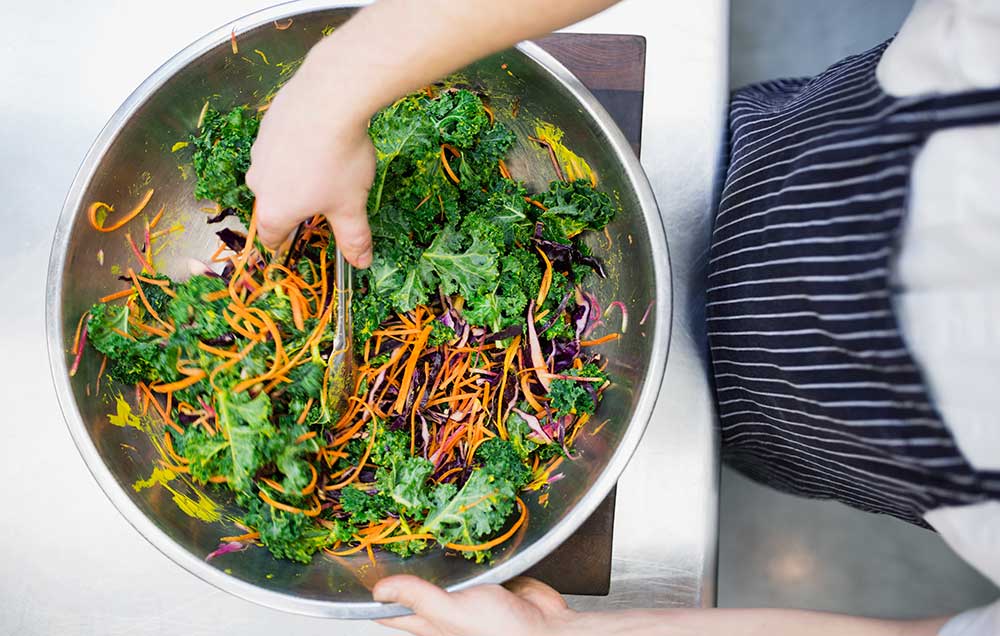
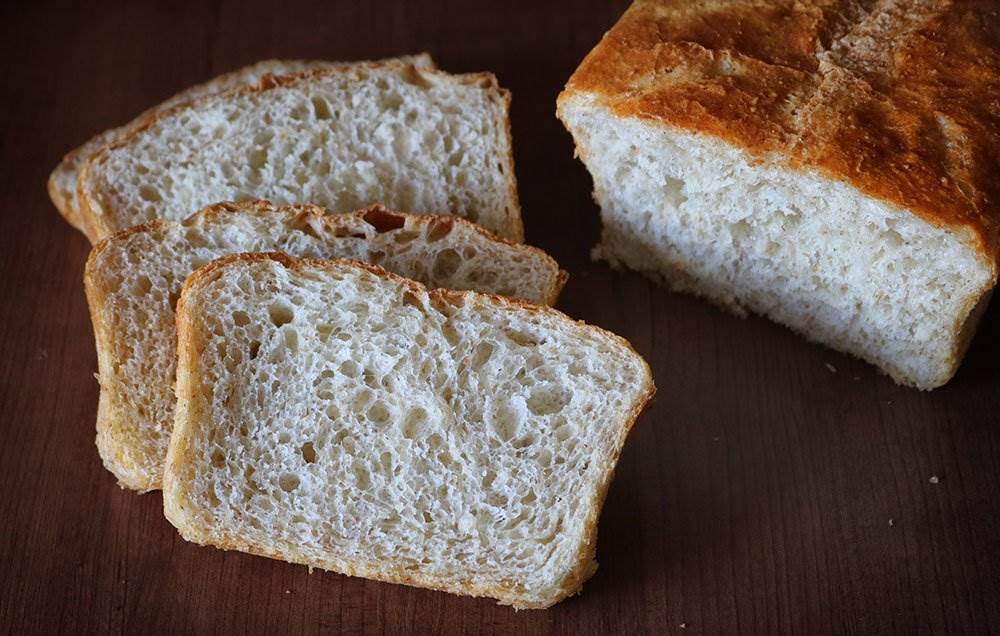
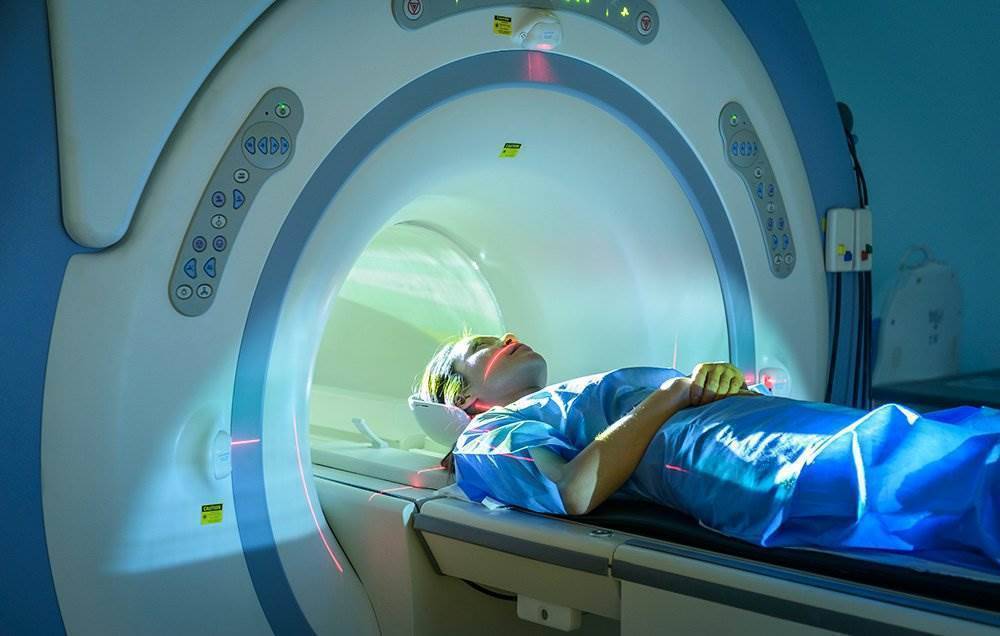
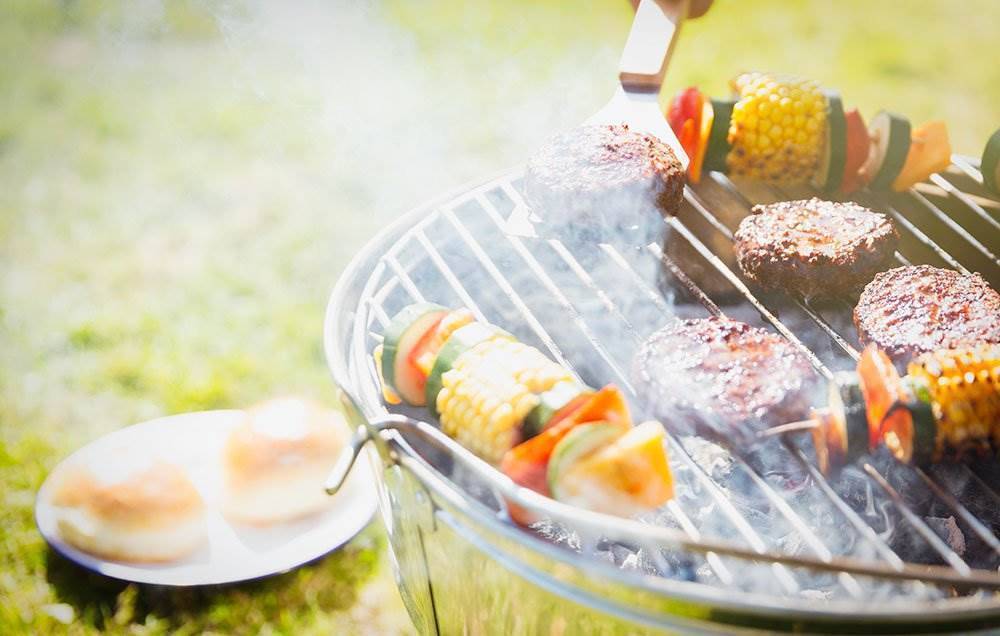
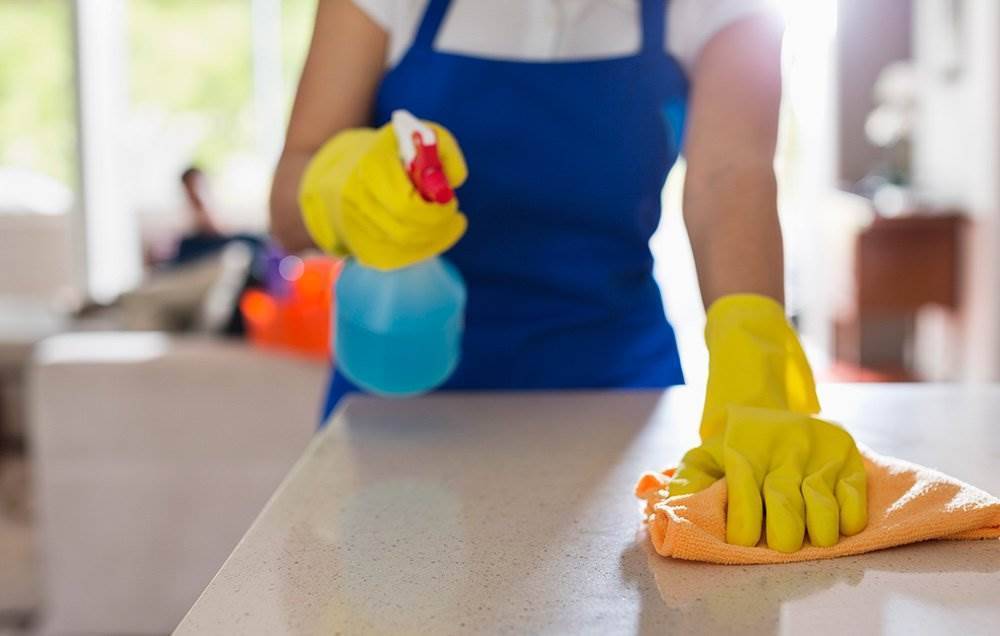
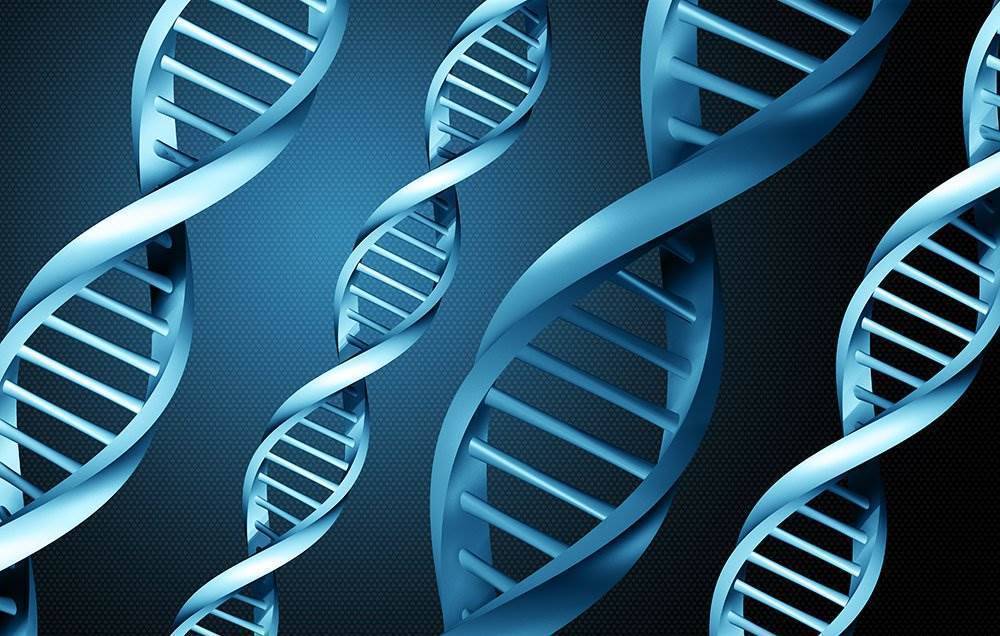
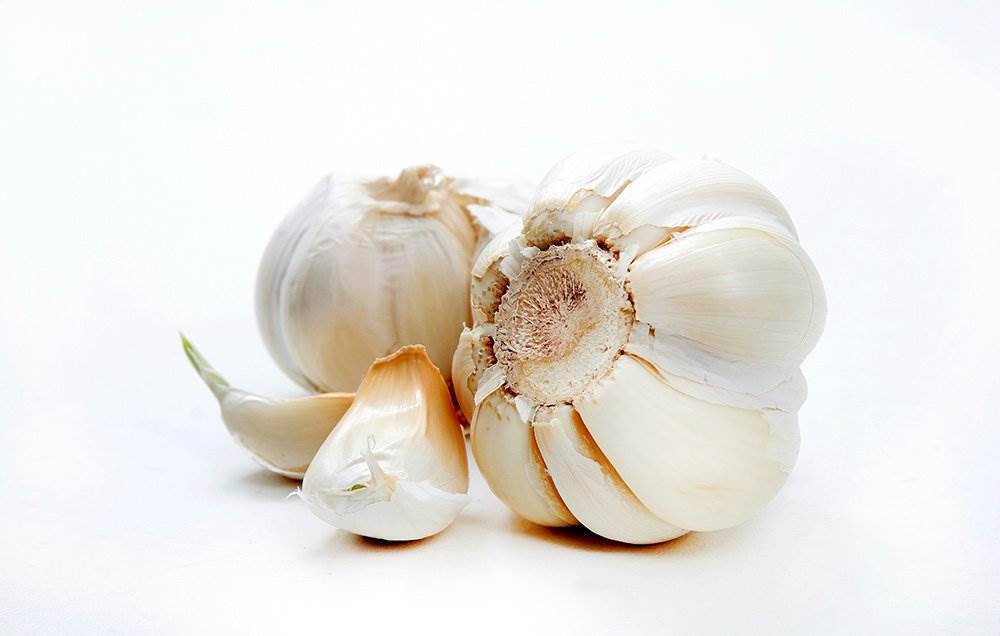
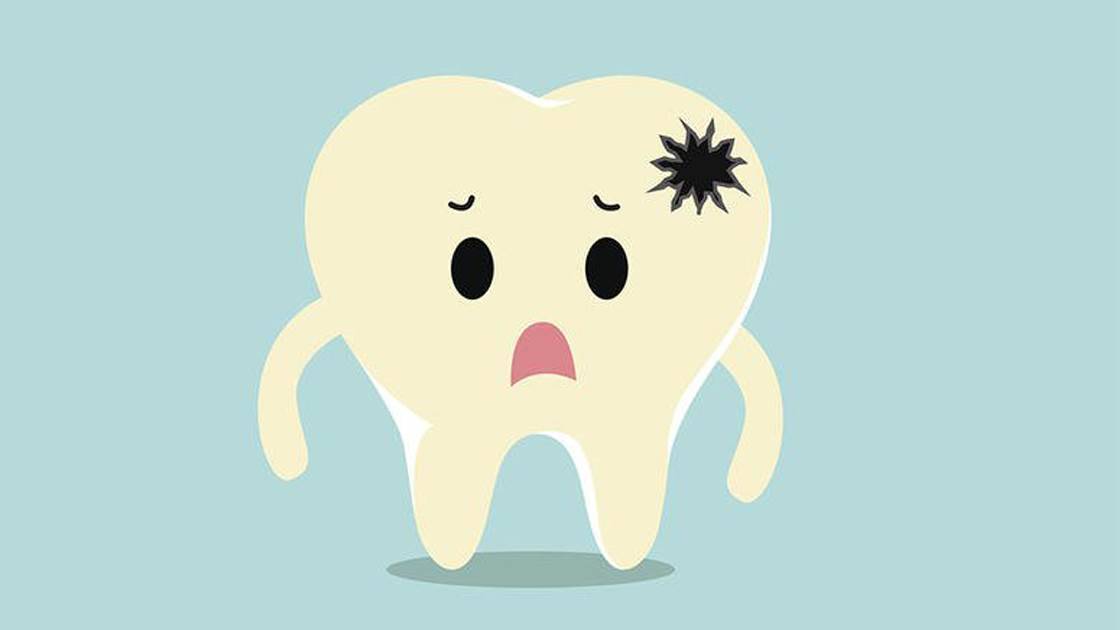
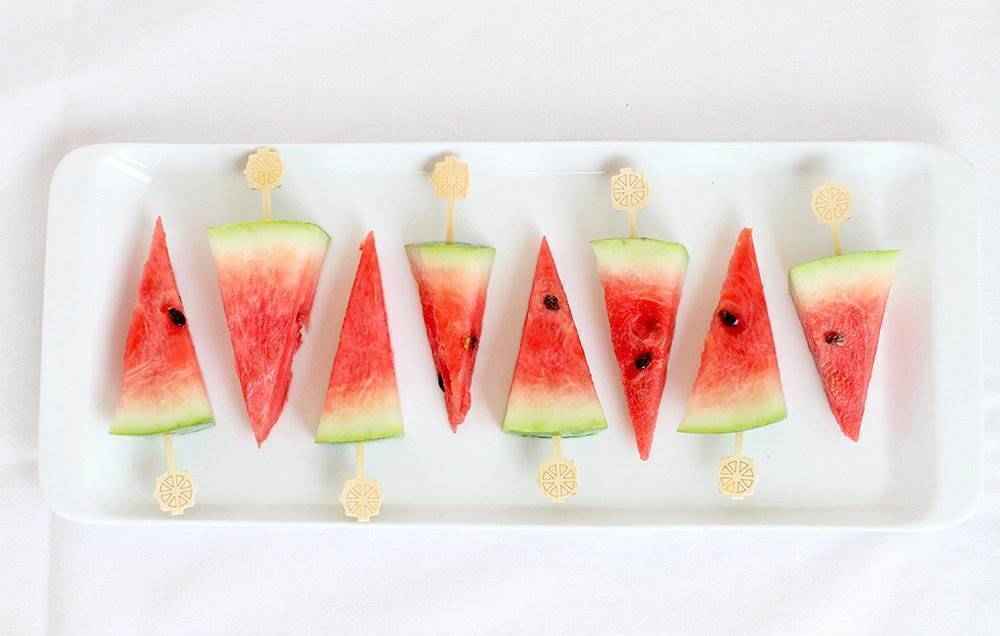

Slash your sugar intake
Sugar can help cancer tumours grow – that’s the finding of a nine-year study breakthrough by Belgian researchers at the Universities of Leuven and Brussels. The problem stems from the ‘Warburg Effect’, a process where cancer cells quickly break down sugars. Until recently it was not clear whether this effect was a symptom of the cancer or a cause. Now the jury is in – cancer cells quickly feed on sugars as they are broken down and this can contribute to tumour growth. Excess sugar may even increase the aggressiveness of some cancers. So skip the sugar in your tea, keep sweet foods to a minimum and read labels to ensure you are not eating hidden sugars that go by other names such as maltose, dextrose, fructose and corn syrup.
Betsie Van Der Meer
Sweat 30 minutes a day
One of the best anti-cancer potions is a half-hour of activity at least five days a week. Any kind of exercise modulates levels of androgens and oestrogen, two things that can protect women against oestrogen-driven cancers such as ovarian and endometrial cancer, as well as some types of breast cancer. The latest proof comes by way of a Canadian study that found women who get regular, moderate exercise may lower their risk of ovarian cancer by as much as 30 per cent. Bonus: all that moving might speed everything through your colon, which may help stave off colon cancer.
Tipple less
Are you sure you want that G&T, mojito or second glass of shiraz? Every time you enjoy a tipple your body produces a harmful chemical called acetaldehyde. Cambridge research indicates that acetaldehyde, which binds to DNA, can cause permanent damage to chromosomes in the stem cells of your blood and these can contribute to, or may even trigger, cancer. This may be why alcohol is linked to numerous cancers, including breast, bowel, liver and stomach cancer.
Ilka & Franz
Make like a monkey
Women who ate four to six antioxidant-laden bananas a week cut their risk of kidney cancer by 54 per cent, compared with those who didn’t eat them at all, found an analysis of 61,000 women at the Karolinska Institute in Sweden. Not feeling like a monkey? Try being a bunny – gnawing on root vegetables such as carrots had the same benefit.
Plate up with plant foods
Eating at least seven portions of vegetables and fruit every day has been found to reduce risk of death from any cause (including cancer) by 42 per cent. Don’t be put off by the number; it’s actually easy if you think of making fruit and veg part of every meal: avocado toast or fruit with cereal for breakfast, salad at lunch, a piece of fruit as a snack during the day and vegies with dinner. Make sure you include plenty of amber-coloured options such as pumpkin, carrots, sweet potato, mandarins and oranges. Researchers in San Francisco have discovered that people with high levels of vitamin C in their blood are less likely to test positive for a bacteria called Helicobacter pylori, which can cause peptic ulcers and stomach cancer.
Make yourself a cup of tea
Enjoying a cup of oolong or orange pekoe will give your body a quick boost in antioxidants – including polyphenols, which appear to inhibit cancer growth and may also protect against skin damage caused by ultra violet radiation B (UVB). Green tea may be particularly protective against mouth cancer, breast cancer and cancers of the stomach, oesophagus and colorectum.
White tea is the least processed, with a lot of buds, and has a subtle, slightly sweet flavour, according to researchers at Oregon State University. Continued processing produces green, oolong and eventually black tea. They all come from the Camellia sinensis plant. The lack of processing used to make white tea may be why there is research that suggests it’s higher in polyphenols and may have the edge on green tea when it comes to inhibiting cancer.
Image Source
Get naked with a friend
You’ll need help examining every inch of your body – including your back, scalp and other hard-to-see places – for possible changes in the size or colour of moles, blemishes and freckles. These marks could spell skin cancer. Women, take special note of your legs: melanoma mainly occurs there. For the guys, the chest and back are the most diagnosed spots. While you’re at it, check your fingernails and toenails, too. Grey-black discoloration or a distorted or elevated nail may indicate the disease.
Westend61
Steam a little green
Studies have shown that piles of broccoli help stave off ovarian, stomach, lung, bladder and colorectal cancers. And steaming it for three to four minutes enhances the power of the cancer-fighting compound sulforaphane, which has been shown to halt the growth of breast cancer cells. (Sorry, microwaving doesn’t do the trick; it strips out most antioxidants.) Get more protection by sprinkling a handful of selenium-rich sunflower seeds, nuts or mushrooms on your greens. Researchers are discovering that sulforaphane is about 13 times more potent when combined with the mineral selenium.
Stamp out smoking
Lung cancer is well known as one of the main hazards of smoking. But everything the smoke passes on its way to the lungs can also turn cancerous: mouth, larynx and oesophagus. Smokers are encouraging stomach, liver, prostate, colorectal, cervical, and breast cancers as well. The good news: if you give up the cigs today, within 15 years, your lung cancer risk will drop to almost pre-smoking lows. Share that news with the people who puff around you, because exposure to someone else’s smoke can cause lung cancer, and may increase your risk of cervical cancer.
Burak Karademir
Pay attention to pain
If you're experiencing a bloated belly, pelvic pain and an urgent need to urinate, see your doc. These symptoms may signal ovarian cancer, particularly if they're severe and frequent. Women and physicians often ignore these symptoms, and that's the very reason that this disease can be deadly. When caught early, before cancer has spread outside the ovary, the relative 5-year survival rate for ovarian cancer is a jaw-dropping 90 to 95%.
Hero Images
The perfect cancer-fighting salad
Build yourself some powerful protection with ingredients that have been shown by science to keep your inside happy. Put together a salad using any of the following:
Start with leafy greens
To reduce breast cancer risk, women would need to eat an extra 12g to 75g (1 cup) of cruciferous vegies like broccoli and kale every day, shows research from the University of Massachusetts. They say folate can halt changes in DNA that trigger runaway cell growth.
Add shredded carrot
In a study from Brigham and Women’s Hospital in Boston, women who ate just five servings of four raw carrot sticks a week had a 54 per cent decrease in their risk of getting ovarian cancer, compared with women who ate them less than once a month.
Heap on beans
Women who ate beans at least twice a week were 24 per cent less likely to develop breast cancer than those who ate them less often, reports Harvard School of Public Health researchers. Legumes may lessen breast cancer risk, thanks to their ability to suppress production of enzymes that foster tumour growth.
Add a little fish
When B6-rich foods (like salmon) are eaten with folate-filled foods (dark leafy greens), they can help reduce the recurrence of colorectal adenomas, a precursor to colorectal cancer, by 39 per cent, a University of Arizona study found. Fish also contain omega-3s, which help with cancer prevention.
Splash on some vinaigrette
Mixing your favourite vinegar with olive oil can also help prevent breast cancer. Scientists from Northwestern University’s Feinberg School of Medicine found that oleic acid in olive oil reduces the levels of the cancer gene Her-2/neu, associated with highly aggressive breast tumours.
Katrin Ray Shumakov
Step away from the white bread
If you eat a lot of things with a high glycemic load—a measurement of how quickly food raises your blood sugar—you may run a higher risk of colorectal cancer than women who eat low-glycemic-load foods, finds a Harvard Medical School study involving 38,000 women. The problem eats are mostly white: white bread, pasta, potatoes and sugary pastries. The low-glycemic-load stuff comes with fibre.
Monty Rakusen
Request a better breast scan
If you're at high risk of breast cancer—you have the BRCA1 or BRCA2 genetic mutation, for example—ask your doctor to pair your routine mammogram with an MRI. One study found that together, the two picked up 94% of tumours; mammography alone detected just 40% and MRI, 77%.
Caiaimage
Grill smarter
[description]Grilling or barbecuing meat until it is charred can trigger substances in muscle proteins to form cancer-causing compounds called heterocyclic amines or HCAs. But avoiding this potential hazard is easy; keep the heat low. Also, marinating meat before cooking has been shown to reduce the formation of these harmful chemicals.
description]
Paul Bradbury
Keep your house clean
Domestics may not be on the top of your must-do list but aside from keeping your home neat and tidy there’s a much better reason to put on your favourite music and get out the vacuum: active postmenopausal women who got most of their exercise from housework cut their risk of breast cancer by 30 per cent, Canadian researchers say. If you ever needed a reason to clean, this is it!
Kativ
Have your genes screened
Do you have a strong family history of any kind of cancer or multiple cancers? Talk with your doctor about genetic counseling. For instance, nearly everyone born with familial adenomatous polyposis (the genetic predisposition to colon cancer) develops the disease by age 40 if preventive surgery isn't done. Knowing this early can aid in prevention and early detection.
Rodale Inc.
Let garlic lie
Thanks to this bulbed wonder, you can ward off vampires and stave off cancer. To preserve the potential cancer-fighting power of garlic, chop it up and let it sit a bit. Research suggests that heating garlic can block 90% of the activity of alliinase, the enzyme that helps to form a cancer-fighting compound. Alliinase is activated when the cloves are crushed or cut, but if cut garlic cools its heels for 5 to 10 minutes before heating, enough compounds are formed to survive cooking.
Floss your teeth
The bacteria that causes severe gum disease can also increase inflammation that contributes to cancer. So give your gums some TLC every day. To keep them pink and healthy, the Australian Dental Association recommends that you brush teeth after every meal and floss once daily, for at least two minutes.
Melindasiklo8i
Play hot tomato
Red fruits (watermelon, tomato, pink grapefruit) are loaded with lycopene, a substance that has been proven time and time again to be a potent cancer fighter. It seems that heating said fruits makes the lycopene easier for the body to use, which explains why men who eat a lot of tomato sauce, pizza (it's in the sauce), and spaghetti (ditto) are far less likely to get prostate cancer.
Avoid sunburn
Every weekend around 2.7 million Aussies get sunburned, increasing their risk of skin cancer, says the Cancer Council. Don’t be one of them. Before you go in the sun apply SPF50+ sunscreen and put on a wide-brimmed hat and sunglasses (check they meet the Australian Standard and have this number on them AS/NZS 1067). Reapply sunscreen every two hours.










